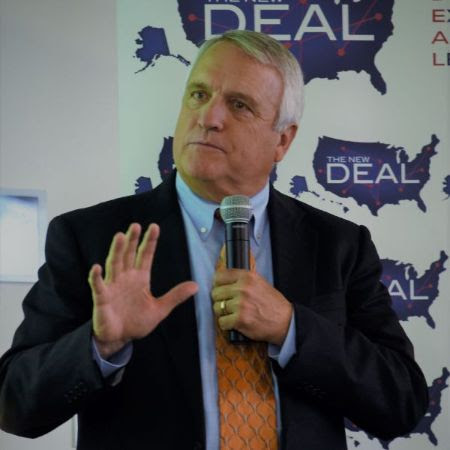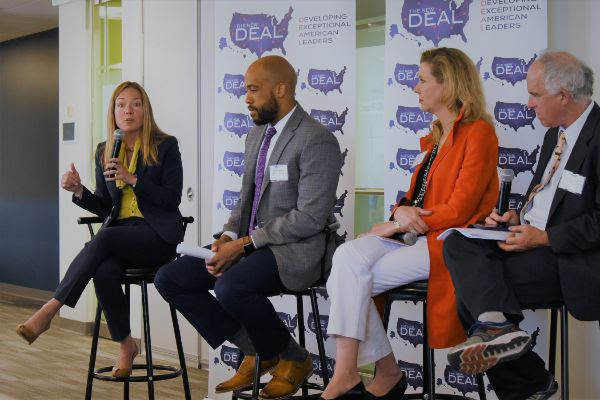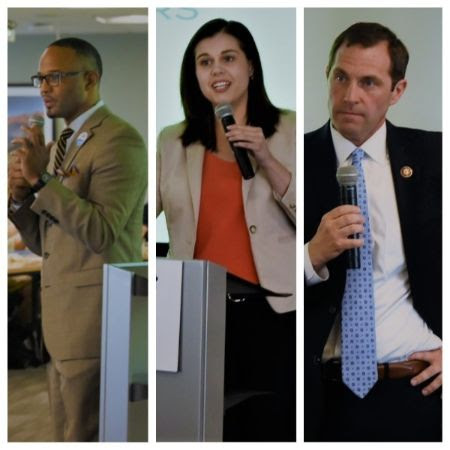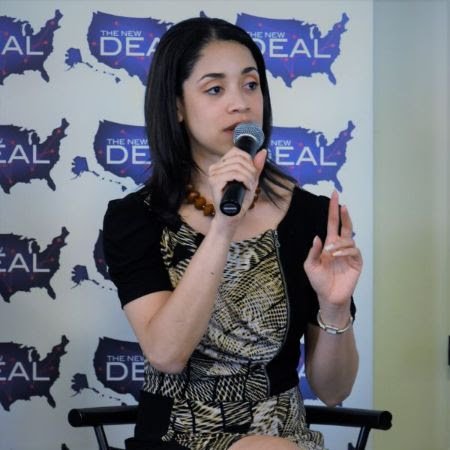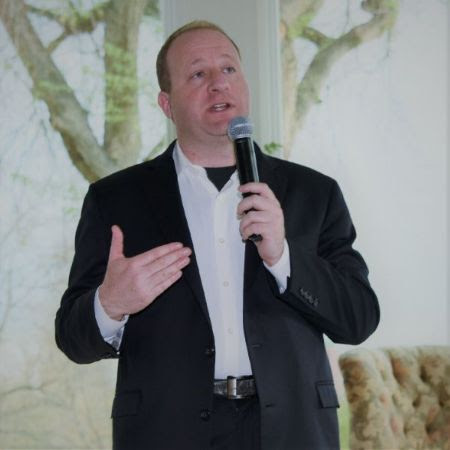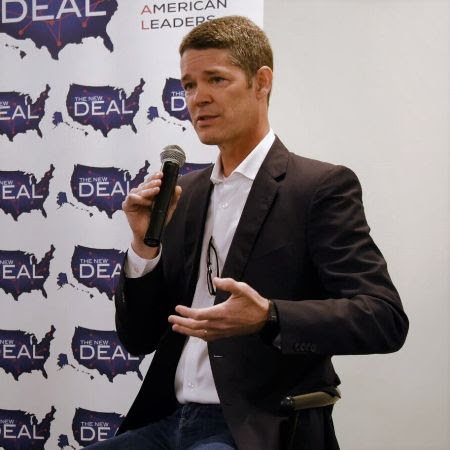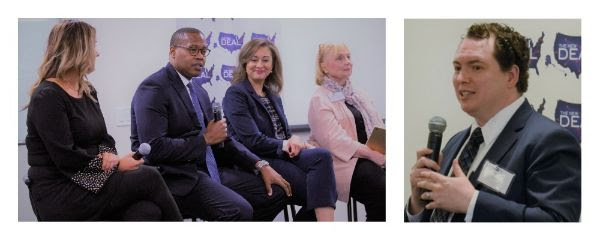Subscribe
Recent News

State Official: 1864 abortion ban gives Arizona ‘black eye’
News PostsThe nonprofit NewDEAL—short for Developing Exceptional American Leaders, and reminiscent of the expansion of progressive...

State and local leaders from across the nation shine spotlight on Phoenix’s vitality
News PostsFour years ago, Phoenix and the nation faced a global pandemic that we had not...

New Poll: Freedom and Democracy Key to Vote Choice in 2024
News PostsNew Poll find freedom and democracy will be key to voters choices in 2024

NewDEAL Statement on Arizona Supreme Court Decision: One More Step in Stripping Away Rights of Millions of Women
News PostsStatement from NewDEAL CEO on Arizona Supreme Court Decision

